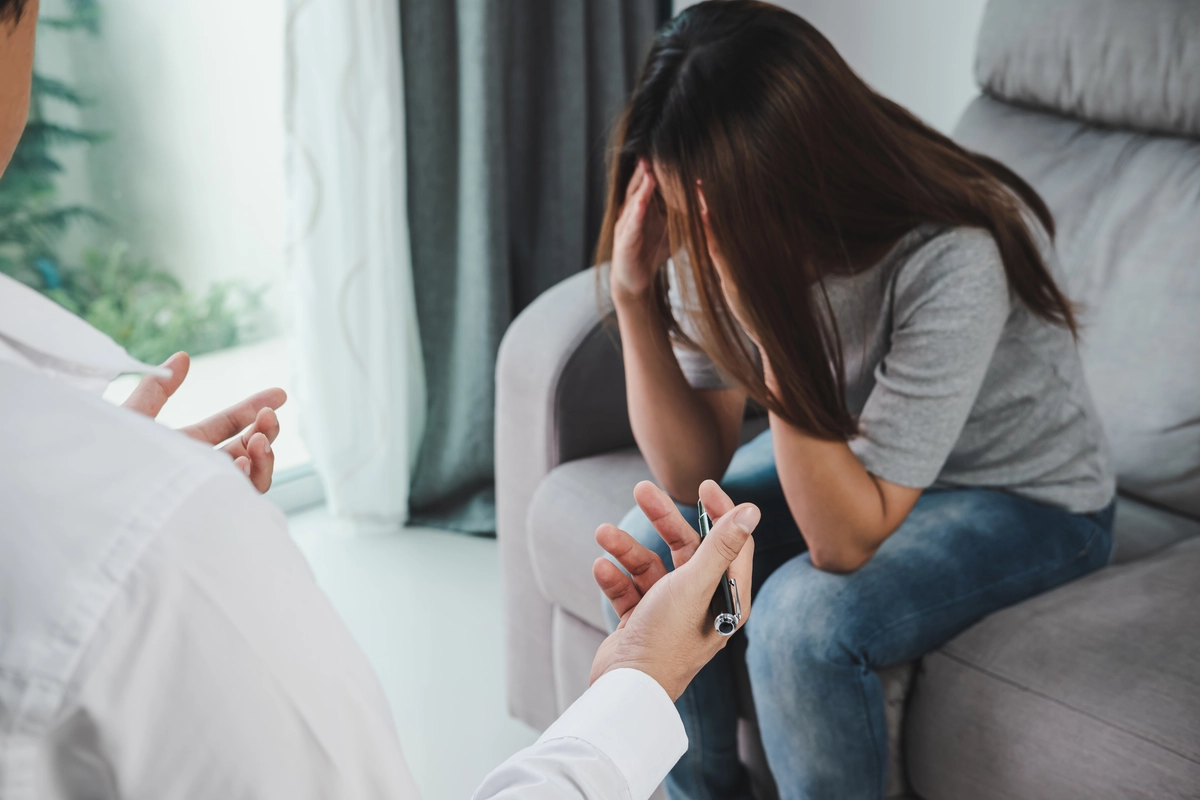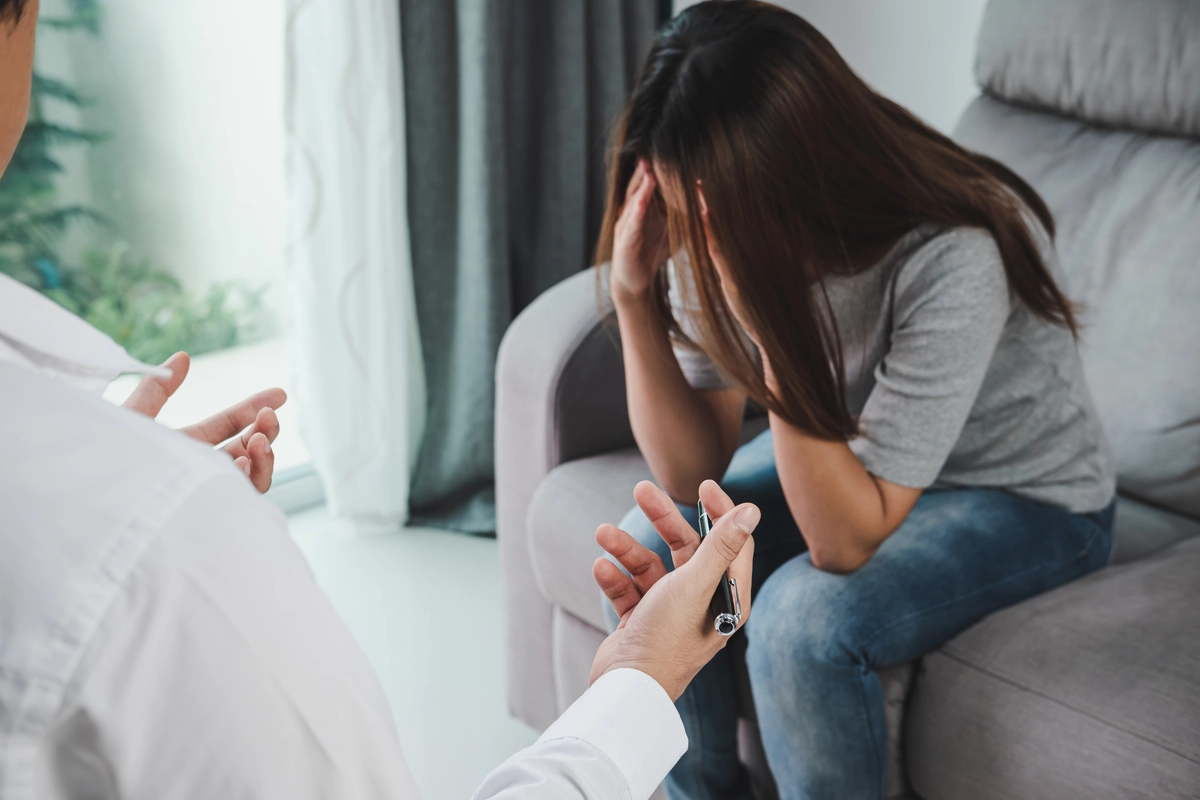24/7 Helpline:
(866) 899-221924/7 Helpline:
(866) 899-2219
Learn more about Group Therapy centers in Nicholson
Group Therapy in Other Cities

Other Insurance Options

BlueShield

Covered California

Premera

Medical Mutual of Ohio

Health Net

EmblemHealth

Oxford

Absolute Total Care

CareFirst

Multiplan

Sliding scale payment assistance

WellPoint

Highmark

Coventry Health Care

Kaiser Permanente

State Farm

Optum

Anthem

MHNNet Behavioral Health
Beacon















